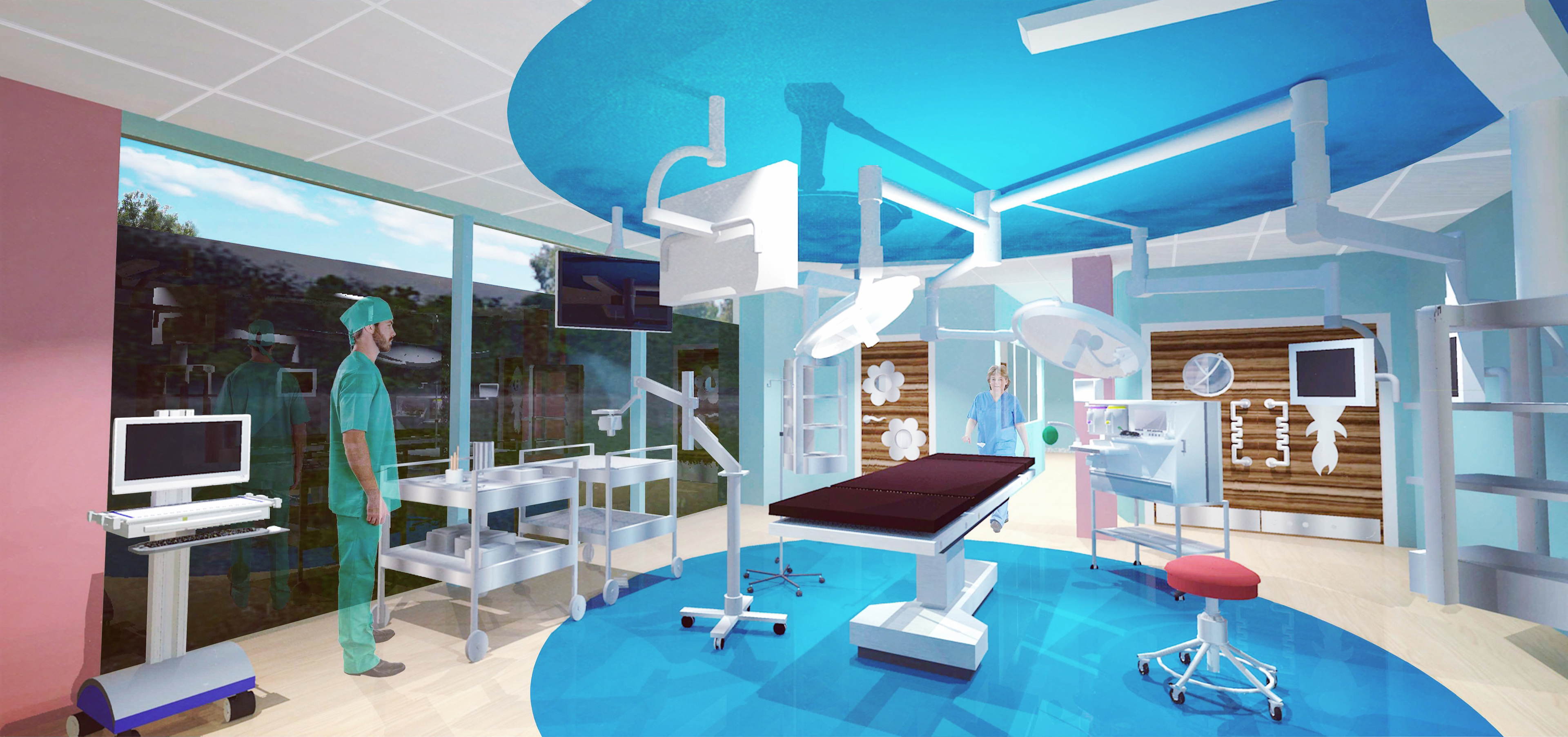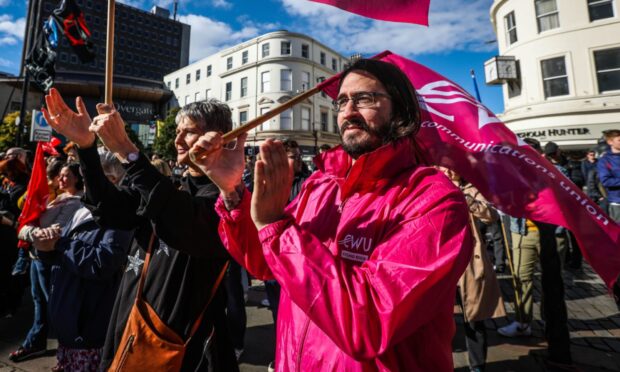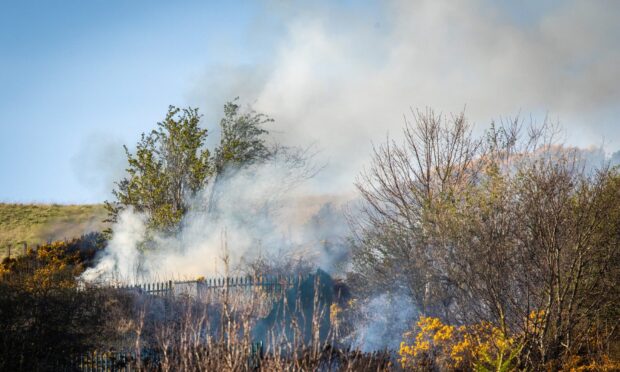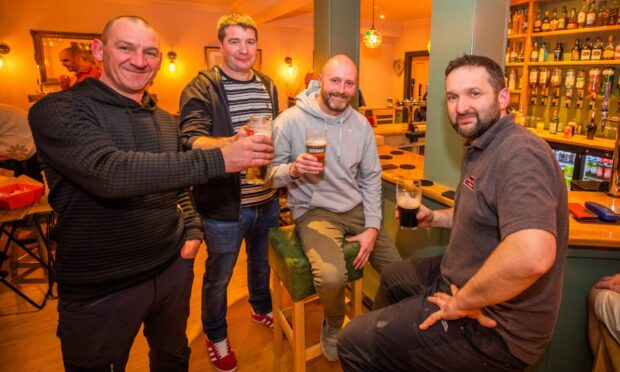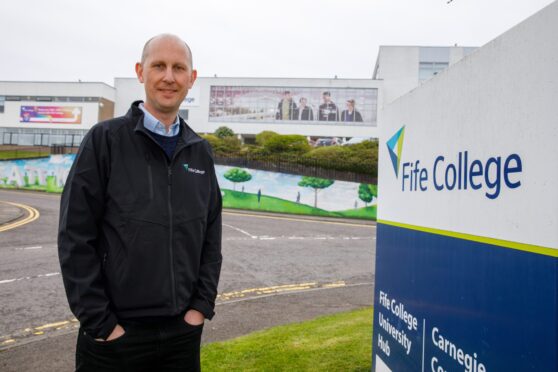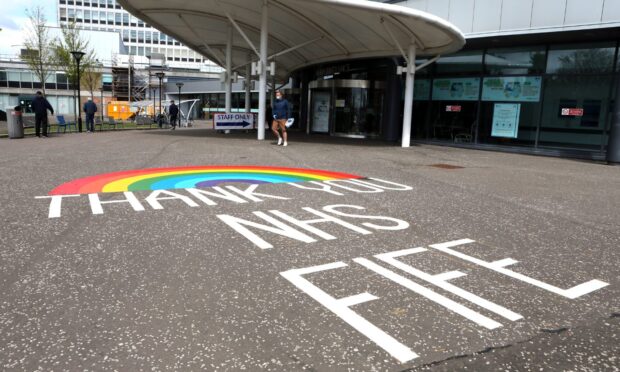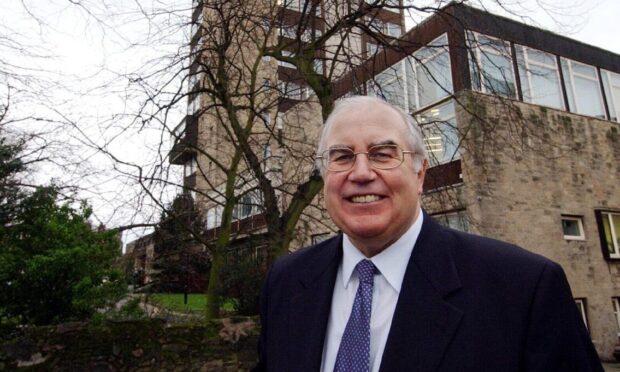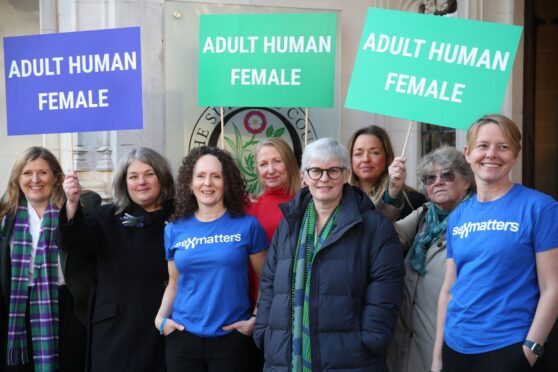A Tory MSP has slapped down a suggestion to stop non-urgent surgeries for two months of the year.
Nick Scriven, from the Society of Acute Medicine, said a hiatus on elective operations in January and February could be the “radical solution” required to relieve pressure on the NHS.
Bill Bowman, the Scottish Conservative MSP, said any expansion of the “seasonal shut-down” will let down patients.
NHS Tayside said they are not looking at taking up the proposal raised by Dr Scriven.
Health boards across Scotland stopped performing planned surgeries for periods over the winter to ease the burden on a service overwhelmed by A&E visits.
In Tayside, there was a three-week suspension of all operations that were not emergency, urgent or cancer-related.
Dr Scriven, president of the Edinburgh-based Society of Acute Medicine, said the NHS had “just coped” over the winter, thanks to the goodwill of staff.
When asked what the solution should be, he said: “People in power have to sit up and take notice that this isn’t going to get better and unless something radical is done it is going to get worse.
“There are the things that people always talk about, like this year the NHS suggested that people should suspend elective activity for a month, should that be a routine thing?
“To free up the extra ward in every hospital in January and February. That would be one radical thing.”
Mr Bowman said: “This is exactly the slippery slope that we have previously warned about.
“I said at the end of last year that if the SNP cannot get a grip on this, then a seasonal shut-down will become the norm across Tayside and Fife.
“It will do nothing to address lengthy waiting lists for routine operations at our local health boards.
“It will simply mean that patients will face even longer delays before undergoing surgery.”
A spokeswoman for NHS Tayside said they are “not considering stopping elective surgeries for two months of the year”.
She added: “Our staff try their very best to minimise any disruption to our planned procedures as we appreciate that any disruption can be both upsetting and inconvenient for patients and their families.”
